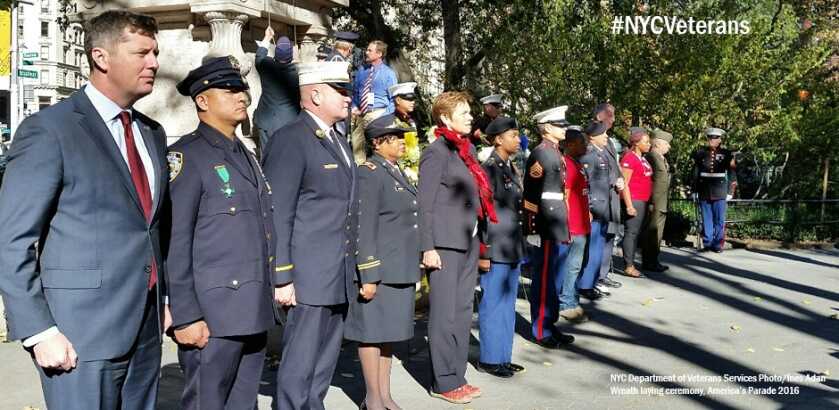
The House approved a “controversial bill” last week that prevents the government from denying certain veterans their 2A rights without due process.
The Veterans 2nd Amendment Protection Act (H.R. 1181) would change the law so that the Department of Veterans Affairs can’t make the call as to whether one is fit to own a firearm. That decision must be made by a judge or court, according to the bill.
If approved by the Senate, the change to the law will read as follows:
Conditions for treatment of certain persons as adjudicated mentally incompetent for certain purposes
In any case arising out of the administration by the Secretary of laws and benefits under this title, a person who is mentally incapacitated, deemed mentally incompetent, or experiencing an extended loss of consciousness shall not be considered adjudicated as a mental defective under subsection (d)(4) or (g)(4) of section 922 of title 18 without the order or finding of a judge, magistrate, or other judicial authority of competent jurisdiction that such person is a danger to himself or herself or others.
Under the current system, the VA sends the names of veterans it deems unfit to own a firearm, including those who use fiduciary help them with their finances, to the FBI’s National Instant Criminal Background Check System.
Proponents of the bill argue that fundamental rights shouldn’t be unilaterally revoked by a government bureaucracy. Moreover, just because one opts not to manage their finances, doesn’t mean they should lose their right to keep and bear arms.
“Needing help managing your money does not make you a danger to society. The NRA is pleased with the House vote today and we look forward to the Senate taking action soon,” said NRA-ILA executive director Chris Cox.
Critics of the bill argue that adding that extra step of judicial oversight puts veterans suffering with mental illnesses in harms way.
“When a determination is made that a veteran is mentally incompetent or incapacitated — for whatever reason — that determination is made to protect them, not to punish or deprive them,” Rep. Anthony Brown (D-MD) told NPR.
On one hand, it’s important to keep guns away from veterans with suicide ideations. On the other, empowering government to strip Constitutional rights from a certain class of citizens without due process is a dangerous business.
As mentioned, the bill will now head to the Senate for consideration. We’ll keep you posted on its progress.

Just how many judges are capable of determining a person’s competence. They have no training in psychology. Any more, few have training in law.
Going after Military combat returnees is going after “low hanging fruit” and somewhat chicken because society has so much more problems in mental health. Because the VET can kill or be involved supporting combat don’t make him a threat to you bleeding heart civilians trying to take away guns from someone. So here comes a VET of the last 18 years just wanting to go home and the civilians attack when he or she is at their weakest. So sad, just ask a Vietnam VET..
I work at the VA and routinely warn vets with a proposed incompetency about this.
I do so despise people that want to take stuff away from me “for my own good”. Especially when it’s a class of politicians that want to combine their lack of morals with strict laws and regulations to prevent me from living my life the way I want. I consider these politicians to be the mentally incompetent ones, and they have no business being given power over other human beings for far more justifiable reasons than a veteran needing help taking care of their finances. They saw their chance to screw someone they didn’t like (ex-military) and took the opportunity. They’re filth, plain and simple.
” Shall not be infringed “
“When a determination is made that a veteran is mentally incompetent or incapacitated — for whatever reason — that determination is made to protect them, not to punish or deprive them,” Rep. Anthony Brown (D-MD) told NPR.
That’s where due process needs to apply. The present rule short circuits due process – the proverbial “camel’s nose under the tent”. That can be eventually twisted to apply to anyone with behavior that some unelected government bureaucrat deems “odd”.